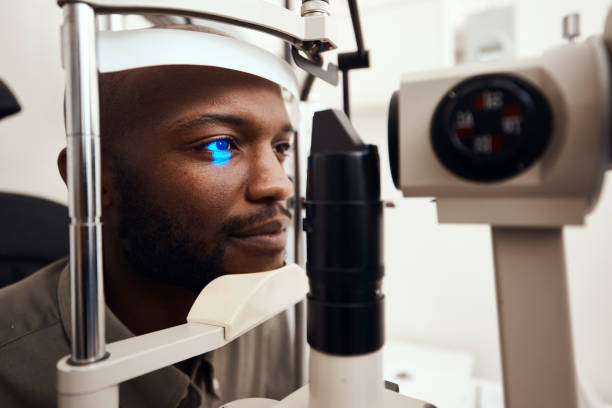- Empty cart.
- Continue Shopping
The Importance of Eye Exams

Our eyes are precious organs that play a crucial role in our daily lives. Maintaining good eye health is essential for clear vision and overall well-being. Regular eye exams are a vital part of this process, as they can help detect and address eye conditions and vision problems early on.
Detecting Vision Problems
One of the primary reasons for scheduling regular eye exams is to detect and correct vision problems. Vision issues can occur gradually, and individuals may not even be aware that their eyesight is deteriorating. Common vision problems that can be identified during an eye exam include:
- Myopia (Nearsightedness): Difficulty seeing distant objects clearly.
- Hyperopia (Farsightedness): Difficulty seeing nearby objects clearly.
- Astigmatism: Blurred or distorted vision caused by an irregularly shaped cornea.
- Presbyopia: Age-related difficulty in focusing on close objects.
Correcting these vision problems with prescription eyeglasses or contact lenses can significantly improve a person’s quality of life, allowing them to see clearly and perform daily tasks with ease.
Early Detection of Eye Diseases
Eye exams are not just about vision correction; they are also essential for the early detection of eye diseases and conditions. Many eye diseases, such as glaucoma, cataracts, and macular degeneration, can develop without noticeable symptoms in their early stages. Regular eye exams can detect these conditions when they are more manageable and before they cause irreversible vision loss.
- Glaucoma: High pressure inside the eye can damage the optic nerve, leading to gradual vision loss. Early detection and treatment can slow or prevent further damage.
- Cataracts: Clouding of the eye’s natural lens can lead to blurred vision. Cataract surgery is highly effective at restoring clear vision when detected early.
- Macular Degeneration: Damage to the macula, a small part of the retina, can result in central vision loss. Early intervention can help slow down the progression of this condition.
Monitoring Eye Health
Eye exams also provide an opportunity for healthcare professionals to monitor your overall eye health. By assessing the condition of your eyes, they can identify any changes or abnormalities that may require further evaluation or treatment. For example:
- Diabetic Eye Screening: People with diabetes are at risk of diabetic retinopathy, a condition that can damage the blood vessels in the retina. Regular eye exams are crucial for managing and preventing diabetic eye complications.
- Dry Eye Assessment: Chronic dry eye syndrome can cause discomfort and affect the quality of your vision. Eye exams can help determine the cause of dry eye and recommend appropriate treatments.
- Eye Allergies: Seasonal or chronic eye allergies can impact your eye comfort and clarity of vision. Eye exams can identify allergens and suggest management strategies.
Children’s Eye Health
Eye exams are not just for adults; they are equally important for children. Early detection of vision problems in children is crucial, as untreated issues can lead to learning difficulties and other developmental challenges. Pediatric eye exams can identify conditions such as amblyopia (lazy eye) and strabismus (crossed or misaligned eyes) and ensure that children have the best possible visual development.
In conclusion, Incorporating regular eye exams into your healthcare routine is essential for maintaining good eye health and overall quality of life. These exams can detect and correct vision problems, identify eye diseases in their early stages, and monitor your eye health over time. Whether you are an adult or a child, prioritizing your eye health through regular eye exams is a proactive step toward preserving clear vision and enjoying a lifetime of healthy eyes. Don’t wait until you experience noticeable vision problems—schedule your next eye exam today.








